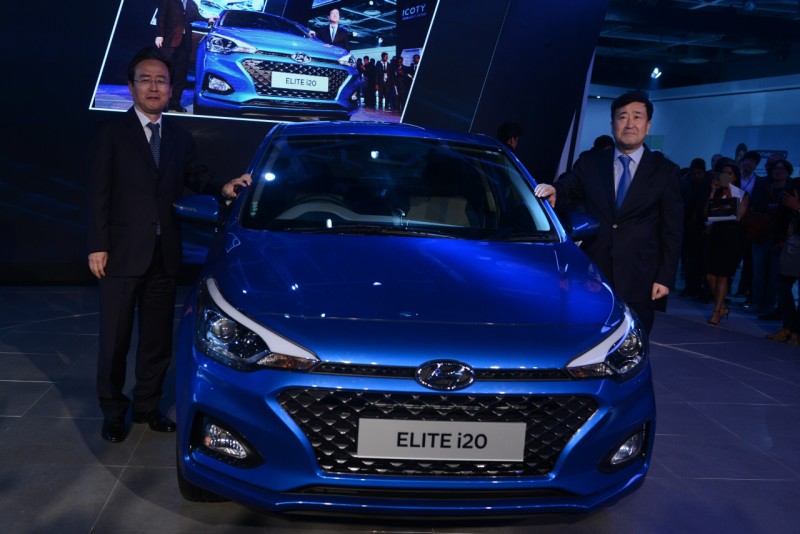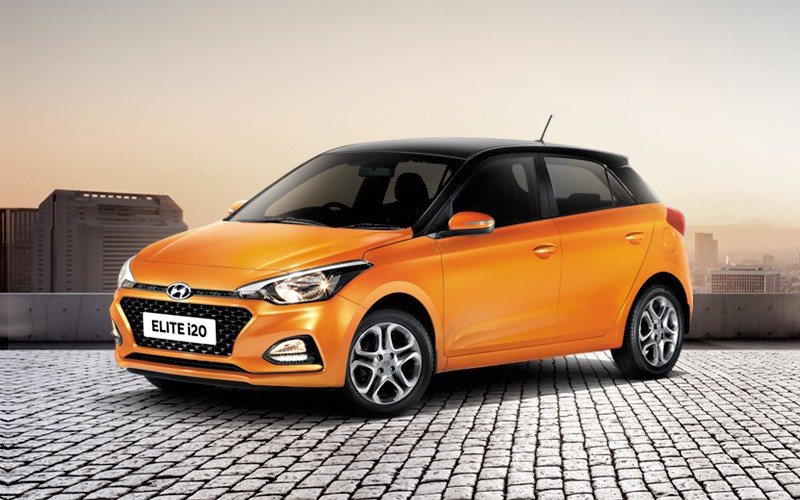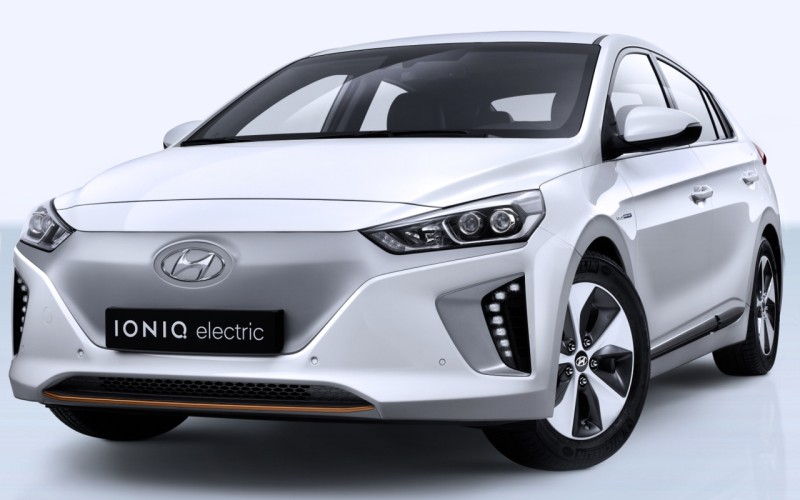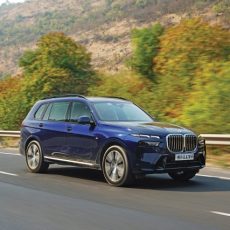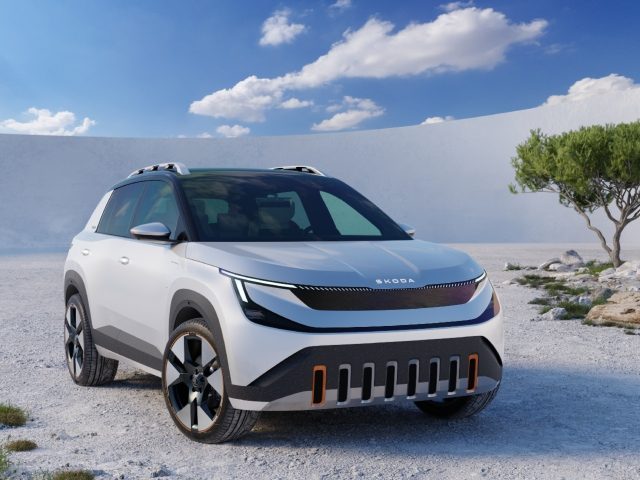An updated Elite i20 was joined by the cutting-edge Ioniq electric vehicle at the Hyundai stall.
The Auto Expo 2018 has already seen a slew of jaw-dropping displays and Hyundai were not to be left out, launching the 2018 facelift of the popular hatchback the Elite i20, and showcasing their latest all-electric Ioniq.
The new Hyundai Elite i20 gets a list of changes including new projector headlamps with LED signatures and cornering light, and a completely revised tail-lamp cluster. The cascading front grille with visible lines on the bonnet add to its character, as do the new 16-inch alloy wheels. Inside, the updated cabin gets a large 7.0-inch touchscreen audio-video-navigation system, fully automatic climate control with a cluster ioniser, as seen in the new Verna, a cooled glove-box, and a sliding front centre arm-rest. The rear seats get adjustable head-rests and a centre arm-rest as well. ISOFIX child-seat anchors are also being offered, highlighting the increased safety-consciousness of the buyer in this segment. Adding to safety are the ABS and dual front airbags standard on all variants, with the top-spec Asta (O) getting six airbags. An auto door lock and unlock, and rear-defogger are also offered, as is a reverse-parking camera with dynamic guidelines.
Under the bonnet are a pair of tried-and-tested engines: the 1.2-litre VVT petrol making 83 PS and 115 Nm, and the 1.4-litre turbo-diesel making 90 PS and 220 Nm. The petrol gets a five-speed manual transmission, while the diesel gets another ratio, packing a six-speed unit. The Elite i20 is available in five variants. The petrol is priced between Rs 5.35 lakh to 7.91 lakh. The diesel is priced between Rs 6.73 lakh and 9.16 lakh. These represent a rise of approximately Rs 3,000-12,000 over their predecessors. New colours are now on offer and a dual-tone model is also available.
In the other corner, Hyundai showcased the Ioniq Electric, one of three versions available. India gets to see the all-electric version for obvious reasons – electricity is seen as the future and hybrids face much higher taxation. The Ioniq Electric hatchback is 4.475 millimetres long and runs a wheelbase of 2,700 mm. It packs a 360-volt 28-kWh Lithium-polymer battery pack with a peak output of 98 kW. Driving the Ioniq Electric is a permanent-magnet synchronous motor making 88 kW (120 PS equivalent) and 295 Nm of peak torque. A single-speed reduction of 7.412:1 handles transmission duty. This is enough for a 0-100 km/h sprint in 9.9 seconds (in Sport mode) and a top speed of 165 km/h. It has a 6.6-kW onboard charger. Standard charging time, however, is about 4.5 hours. Using quick charge, it can take as little as 23 minutes. The range on a full charge is up to 217 km.
The Ioniq has received a five-star safety rating from the Euro NCAP, and comes with a host of advanced safety features including Autonomous Emergency Braking with pedestrian detection, Lane Departure Warning, Lane Keeping Assist and Smart Cruise Control.
Story: Jim Gorde


